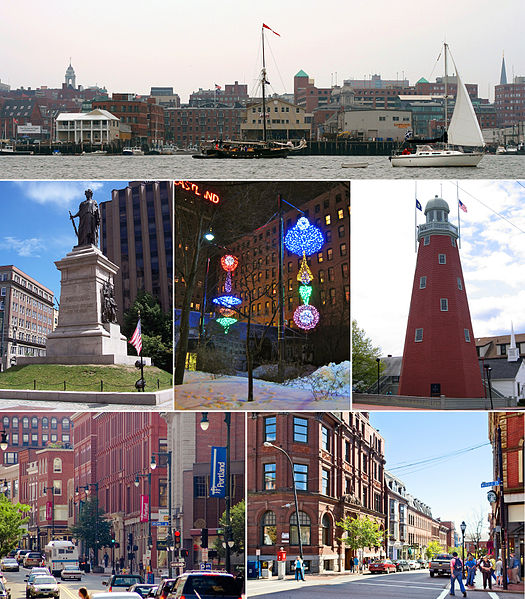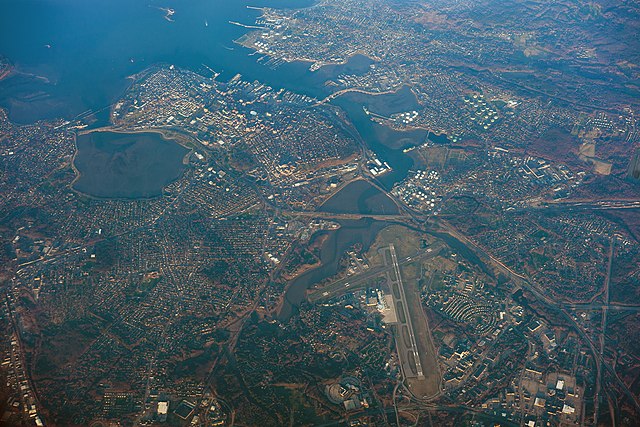Captain Christopher Levett was an English writer, explorer and naval captain, born at York, England. He explored the coast of New England and secured a grant from the king to settle present-day Portland, Maine, the first European to do so. Levett left behind a group of settlers at his Maine plantation in Casco Bay, but they were never heard from again. Their fate is unknown. As a member of the Plymouth Council for New England, Levett was named the Governor of Plymouth in 1623 and a close adviser to Capt. Robert Gorges in his attempt to found an early English colony at Weymouth, Massachusetts, which also failed. Levett was also named an early governor of Virginia in 1628, according to Parliamentary records at Whitehall.
Frontispiece, A Voyage into New-England, Begun in 1623, and Ended in 1624, Performed by Christopher Levett, his Majesties Woodward of Somersetshire, and one of the Councell of New-England
All Saints' Church, Pavement, York, baptism of Christopher Levett, 5 April 1586
Fort Levett and Ram Island Ledge, Cushing Island, Maine, 1909
James Phinney Baxter, mayor, Portland, Maine, and Maine historian
Portland is the most populous city in the U.S. state of Maine and the seat of Cumberland County. Portland's population was 68,408 in April 2020. The Greater Portland metropolitan area has a population of approximately 550,000 people. Historically tied to commercial shipping, the marine economy, and light industry, Portland's economy in the 21st century relies mostly on the service sector. The Port of Portland is the second-largest tonnage seaport in the New England area as of 2019.
Clockwise: Portland waterfront, the Portland Observatory on Munjoy Hill, the corner of Middle Street and Exchange Street in the Old Port, Congress Street, the Soldiers' and Sailors' Monument in Monument Square, and winter light sculptures in Congress Square Park
Longfellow Square (c. 1906)
Gun recovered from USS Maine on Munjoy Hill
Aerial view of Portland from the north








